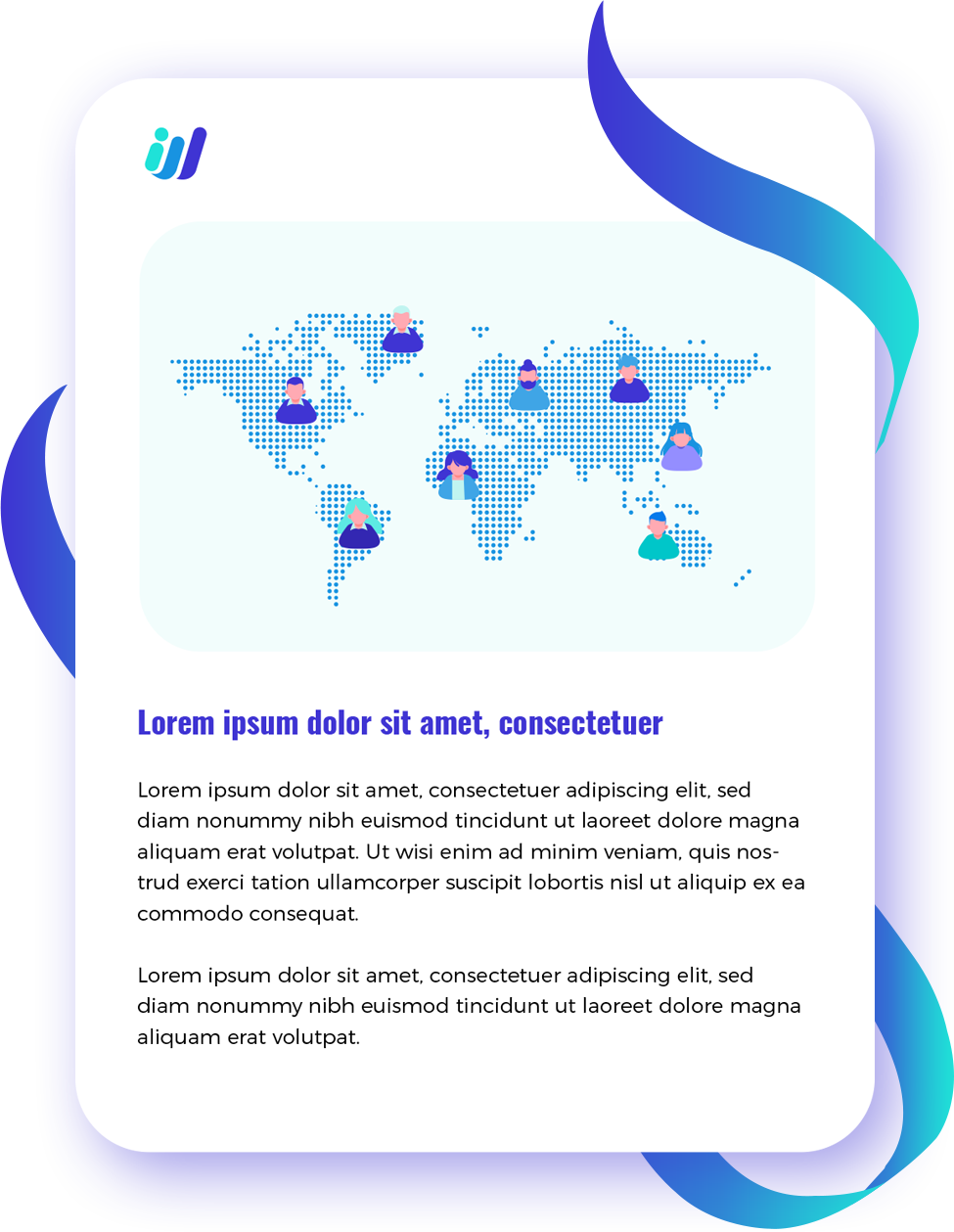Outsourcing has evolved through several phases over the past few decades. From early cost-driven models to more complex systems of global collaboration, it has transformed industries across the globe. In recent years, however, the rise of environmental concerns has given birth to a new wave—Green Outsourcing. This concept merges sustainability with the operational efficiency of outsourcing, reflecting a broader shift toward more responsible and eco-conscious business models.
The Evolution of Outsourcing: Towards Sustainability
Historically, outsourcing has followed two distinct models: Outsourcing 1.0 and 2.0. The first model was driven by affordability, as businesses sought cost-effective solutions to expand operations globally by moving functions like customer service and human resources offshore. Outsourcing 2.0 saw higher-value jobs moving to new regions, introducing dynamism into economies like India and the Philippines. These countries became key IT and business process outsourcing (BPO) hubs.
However, as outsourcing matured, it became clear that this global shift also presented environmental challenges. Large-scale IT-enabled services (ITES), for instance, contribute significantly to global carbon emissions, comparable to industries such as aviation. This recognition has spurred the call for a more sustainable approach to outsourcing.
Enter Outsourcing 3.0: The Era of Green Outsourcing
Green outsourcing, also termed “Outsourcing 3.0,” seeks to integrate sustainability into the core of global outsourcing operations. This model is built around principles that prioritize environmental stewardship, energy efficiency, and carbon reduction while maintaining the economic and operational benefits outsourcing provides. By fostering eco-friendly business practices, organizations can enhance long-term profitability and drive responsible competitiveness.
Outsourcing 3.0 leverages the potential for creating low-carbon economies through IT-enabled services. IT hubs like Bangalore and Manila are now required to incorporate sustainable development into their business models to remain competitive. Although this shift may initially raise costs, it presents substantial opportunities to become global leaders in green innovation.
Key Drivers of Green Outsourcing
Several factors are propelling this transformation:
- Energy Efficiency: Data centers and IT infrastructure are significant energy consumers. As ITES continues to grow, energy-efficient solutions are becoming vital. For example, new green building standards are being adopted in China and India, where ITES is booming.
- E-Waste Management: The exponential growth of technology has led to an increase in electronic waste. Green outsourcing encourages proper e-waste disposal and recycling, minimizing environmental harm while creating a circular economy.
- Carbon Footprint Reduction: IT-enabled services can contribute to low-carbon prosperity by developing technologies that minimize emissions and energy consumption. The outsourcing industry has the potential to drastically reduce its carbon footprint by adopting innovative, green technologies.
- Sustainable Supply Chains: Outsourcing partners are increasingly expected to ensure sustainability across their supply chains. Responsible business climates are fostering incentives that promote environmental management systems, reduce labor violations, and encourage adherence to global sustainability standards.
The Business Case for Green Outsourcing
Investing in green outsourcing isn’t just about corporate responsibility—it’s a smart business strategy. As companies and consumers grow more environmentally conscious, green credentials are becoming a competitive differentiator. Businesses that invest in sustainability are not only reducing their operational costs in the long term but also attracting eco-conscious clients.
Moreover, green outsourcing aligns with the increasing regulatory demands from governments and international bodies. By adhering to sustainable practices, companies can avoid potential legal complications and enjoy incentives from environmentally focused policies, such as tax breaks or subsidies for eco-friendly projects.
Collaborative Efforts for a Greener Future
Collaboration between governments, businesses, and civil society is essential to drive the green outsourcing movement. Partnerships between companies and local communities to promote environmental standards, such as the responsible disposal of e-waste, have become a hallmark of successful sustainable outsourcing strategies.
Further, countries like India, South Africa, and the Philippines are leveraging policy-driven incentives to encourage sustainable practices within their outsourcing industries. These incentives, combined with the increasing demand for responsible business, are helping outsourcing hubs emerge as green innovators, fostering a sustainable future for the global economy.
Conclusion
As the world continues to grapple with climate change, the outsourcing industry has a crucial role to play in advancing sustainability. Outsourcing 3.0, or green outsourcing, provides a clear path forward by combining the economic benefits of global collaboration with the environmental responsibility required to mitigate the industry’s impact on the planet.
Through energy-efficient technologies, responsible waste management, and sustainable supply chains, companies can not only thrive in the competitive global market but also contribute to a greener and more sustainable future for all.
Dive into the transformative potential of Third Wave Outsourcing, download the comprehensive eBook today! Gain valuable insights and strategies to nurture top-tier talents, embrace digital transformation, and position your organization at the forefront of the dynamic global marketplace.


